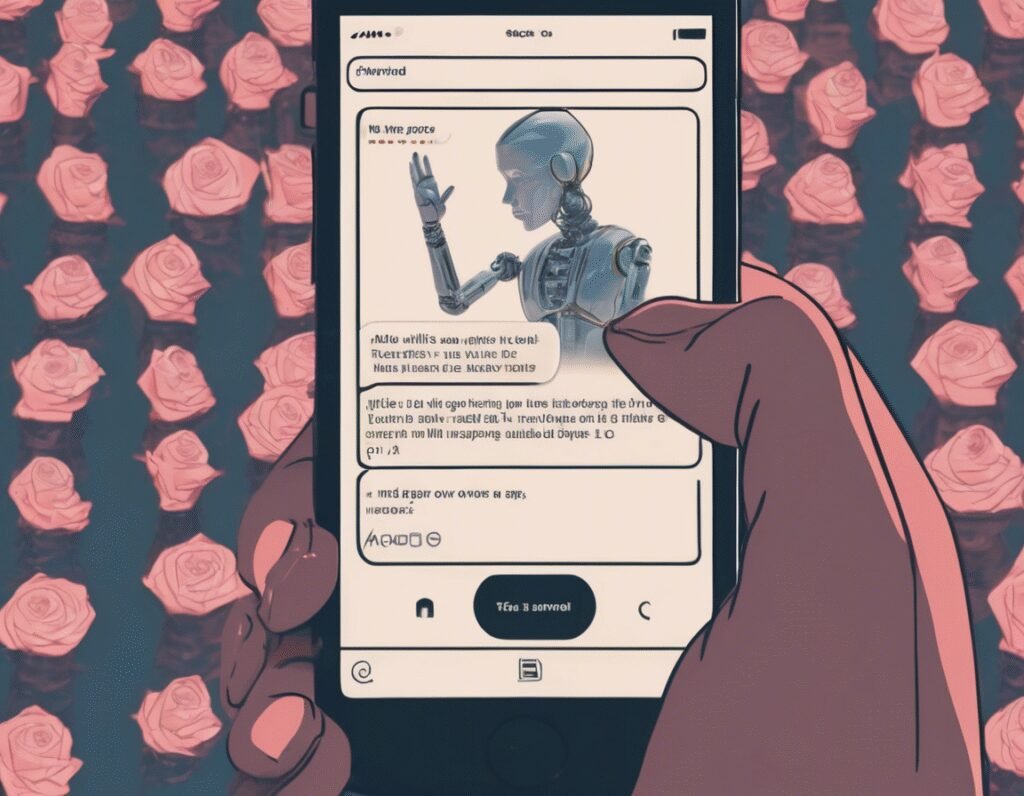Modern Dating Apps Are Broken—Can AI Fix Them?
Dating apps have turned romance into a frustrating, gamified experience. The business model relies on keeping users hooked, not helping them find meaningful connections. Fake profiles, ghosting, and shallow interactions are the norm. Instead of fostering real chemistry, these platforms reduce people to swipable profiles, encouraging a shopping mentality where matches are judged on a split-second impression.
The problems run deep. Many apps prioritize profit over user experience, locking basic features behind paywalls. Algorithms favor engagement over compatibility, trapping users in endless cycles of swiping. Conversations often go nowhere, with low-effort openers and disinterested replies. Worse, the entire system discourages organic interactions, making dating feel more transactional than personal.
Now, some companies are pitching AI as the solution. The idea is that machine learning can cut through the noise—filtering out bots, improving match suggestions, or even simulating early conversations. But is handing over dating to algorithms really the answer? AI can optimize for efficiency, but romance isn’t a logistics problem. Chemistry isn’t just about shared interests or response times.
There’s also the risk of over-engineering human connection. If dating apps already feel impersonal, adding more automation might make things worse. AI could streamline the process, but at what cost? The magic of meeting someone—unpredictable, messy, and exciting—doesn’t always fit into a data-driven model.
The bigger issue might be the culture these apps create. Swiping encourages snap judgments, and endless options make commitment harder. Even with AI tweaks, the core problem remains: dating apps aren’t designed for deep connections. They’re designed to keep users scrolling.
So, is AI the fix? Maybe in small doses—like weeding out scams or refining matches. But no algorithm can replace the randomness and authenticity of real-world dating. The best solution might be stepping away from the screen altogether.

